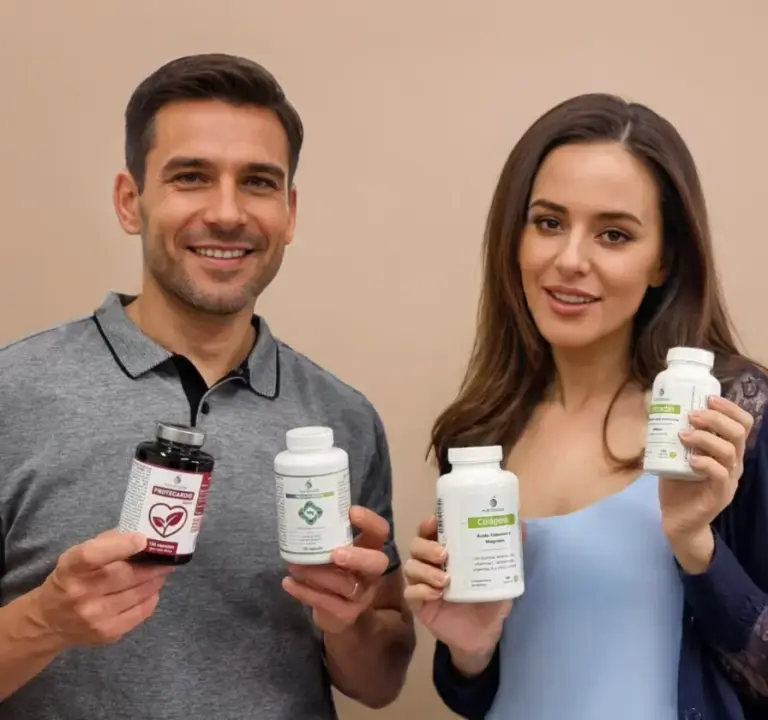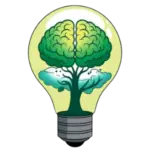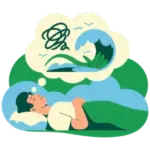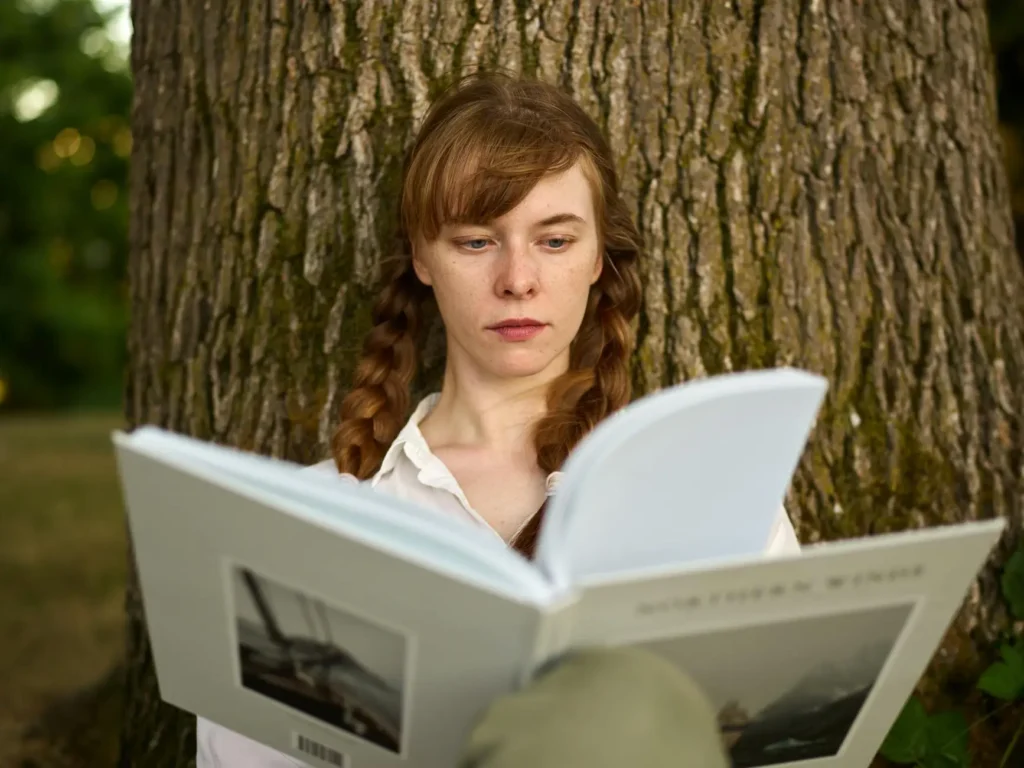A recent research protocol, published in the European journal of psychotraumatology 2025(see study), explores how digital arts interventions can modify social media use, brain connectivity and mental well-being in adolescents. The SMART project will evaluate high school students in New York who will participate in digital music or photography workshops for three months, with the aim of promoting a more mindful and healthy use of technology and observing possible improvements in attention, mood and rest.
What does this mean for everyday life? In a hyper-connected world, too many screens can disrupt biological rhythms and sleep quality. Science shows that introducing creative routines and taking care of night-time habits can promote mental balance and deep rest. In addition, there are natural formulas that, combined with these habits, support the natural sleep cycle without the need for drugs.
Digital art and sleep, an unexpected alliance
The SMART study is based on a social concern: excessive use of social networks is linked to attention problems, anxiety and poorer sleep quality in young people. However, the research team suggests that artistic activities such as music or photography can reverse some of these effects, improving not only mood but also brain rhythms related to sleep and rest.
For three months, participants will receive face-to-face and digital workshops focused on creativity. Variables such as mood, stress, anxiety and sleep quality will be assessed before and after the programme. The researchers expect to see improvements in both subjective and objective indicators (measured by questionnaires and neurophysiological techniques) after encouraging a healthier relationship with technology and stimulating the brain through art.
Night-time rituals and rest: small gestures with big impact
The human body needs clear signals to switch from active mode to rest at night. Continuous exposure to screens and social media hinders this natural process, affecting melatonin production and disrupting the sleep-wake cycle. For this reason, reducing intense lights an hour before bedtime, putting away the mobile phone and practising relaxing activities are simple but effective steps to improve rest.
In addition, taking care of your night-time diet and including foods rich in tryptophan or magnesium – such as walnuts or oatmeal – can promote endogenous melatonin synthesis. If these measures are not enough, some food supplements can gently reinforce the physiological processes involved in sleep without generating dependence or residual effects upon awakening.
When extra support is needed: this is how 4Sleep fits in
At times when factors such as chronic stress, hormonal changes or jet lag disturb your internal biological rhythm, a natural supplement can be an ally. 4Sleep, developed by Nutribiolite, follows this physiological logic: it combines melatonin (1 mg), recognised by the European Food Safety Authority for reducing the time it takes to fall asleep, with 5-HTP from Griffonia simplicifolia (direct precursor of serotonin and melatonin) and standardised extracts of valerian and chamomile, traditional plants known for their relaxing action without causing habituation.
While melatonin sets the initial signal for night-time rest, 5-HTP optimises its internal production during the night and the plants provide an environment conducive to mental calm. This supports the entire physiological sleep process without resorting to high pharmacological doses or unnecessary additives.
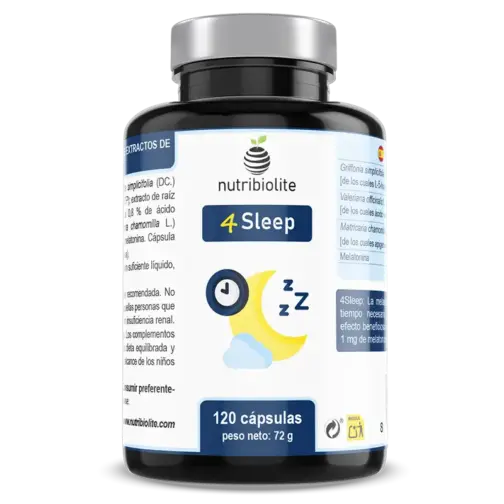
Melatonin 1 mg and 5-HTP with relaxing plants.
Frequently asked questions about sleep and natural rest
How does 4Sleep help regulate my natural sleep cycle?
4Sleep combines melatonin (1 mg), which marks the physiological signal for the onset of night-time rest, with herbal 5-HTP, which supports the internal production of serotonin-melatonin. Valerian and chamomile extracts contribute to the mental environment conducive to restful sleep without dependence or residual drowsiness upon awakening.
When does it make sense to take a supplement like 4Sleep?
It makes sense to use it when factors such as prolonged stress, travel or hormonal changes disturb your inner rhythm and habits alone are not enough. It is a complementary support to re-establish natural rest routines.
Can it cause daytime drowsiness or habituation?
No. Its formula respects the safe doses recommended in Europe and uses plant extracts with no known risk of tolerance or morning hangover if taken as directed.
How is it different from melatonin-only supplements?
4Sleep also incorporates natural 5-HTP and standardised valerian and chamomile extracts. It thus supports the entire physiological tryptophan-serotonin-melatonin pathway along with natural relaxation mechanisms.
What other habits enhance its effect?
Keeping regular sleep-wake schedules, eating a light dinner and including tryptophan-rich foods (such as nuts or oatmeal) helps synchronise your biological clock. Avoiding screens before bedtime further enhances the natural benefits of the supplement.
This content is for informational purposes only and is not a substitute for the advice of a healthcare professional.

